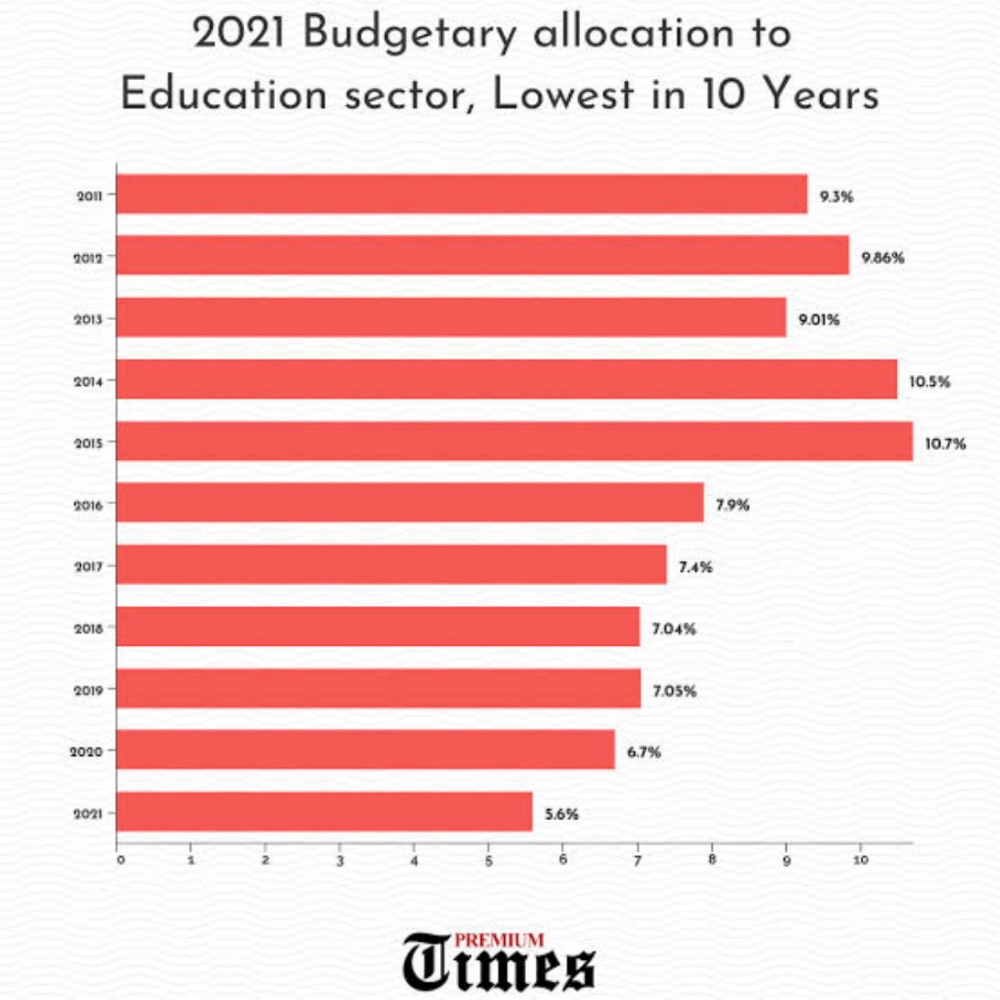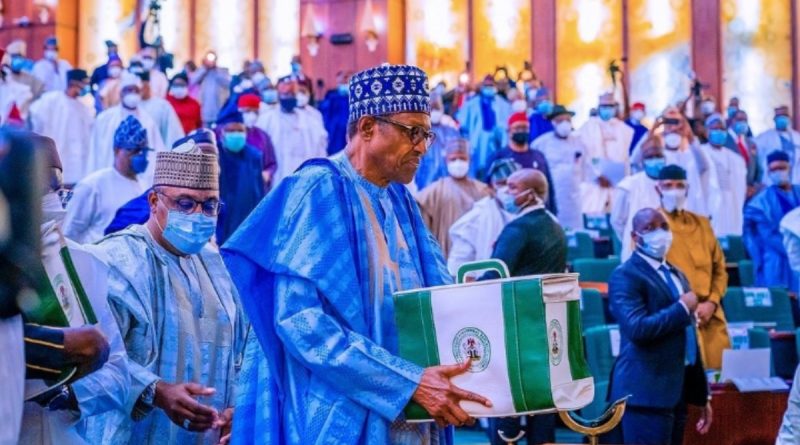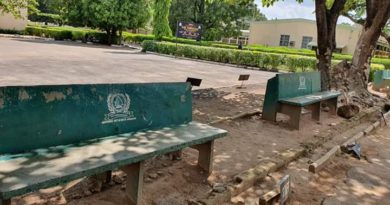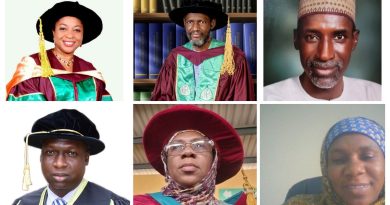Underfunding and its long term effects on Nigerian Universities
By Nasar Mansir
Nigerians are generally bold and confident wherever you find them in the world. They are hardworking, intelligent, and socially adept. Recently I read that Nigerians living in the United States of America are the most educated immigrant superseding even the host’s citizens based on the percentage of the population having a college degree.
This is the same story across the globe from Europe to North America, Asia to Australia, Nigerians have demonstrated excellence in many fields ranging from academics to other professional skills. Despite the extraordinary performance displayed by Nigerians in various fields, the country still spends a huge sum of money for postgraduate training of it is academic staff abroad, something avoidable.
According to Statistica, Nigeria has a population of about 206 million people, which placed it as the most populated country in Africa and the 7th most populated in the world. Besides, the country is blessed with huge natural and human resources that can comfortably take the country out of its present condition of poverty, insecurity, and ignorance.

A lot of people attributed the current bad situation to poor leadership, corruption, and greediness among the majority of Nigerians. Some people may argue that the main problem is from the leaders alone, who were given the capacity to steer the affairs of the country to the promised land.
But for me, the problem is from the majority of the population, where all the leaders are selected to lead the entire population for a specific period of time. These people represent the fair sampling of our behaviors. The attitudes of our leaders portray the replica of the entire population’s attitudes, hence a rigorous attitudinal change is necessary for us to develop as a country.
Let me not digress much from the main topic, I mean the poor situation and underfunding of our educational system, which has been grounding slowly day by day. Education remains the only sector where poor people can still directly benefit from the government in Nigeria. Education is virtually free up to the University level to date.
However, the system is deteriorating slowly from primary & secondary education and now approaching the tertiary institutions. It is unfortunate that the government that was singlehandedly elected by the masses with the hope of rekindling their well-being in the areas of education, security, and jobs for the teaming youth is losing its main focus for all the three aforementioned problems.
ALSO READ: NUC List of 94 out of 170 Nigerian Universities approved for PG programs.
To say that no country would develop to a high status without better education for its citizens is an understatement. Nigeria is currently undertaking a perilous journey by abandoning its educational system in an awful state and focusing more on the welfare of the politicians that are far less than 0.1% of the country’s population. No country would take this dangerous road and end up in the promised land.
The education budget in Nigeria is pathetically low (about 6%) and therefore among the lowest anywhere in the world. This behavior is common among the African countries, hence tagged as third world countries, a phrase synonymous with ignorance, underdevelopment, and diseases. According to the United Nations, for a country to have a good education, 26% of the budget must be allocated to education.
The 2021 budget was recently presented to the national assembly for their perusal and approval as enshrined by the country’s constitution. However, the budget allocation for the country’s educational sector was meager N 671.07 billion (1.49 billion dollars at N450 to dollar rate) for 206 million people. This is very small when compared to the education budget of some countries that have a much lower population and fewer resources compared to Nigeria.
Underfunding of the education sector, particularly universities, could lead to the unnecessary prolonging of the calendar due to incessant strike, producing half-baked graduates in all areas including medicine, which makes it difficult to address the upcoming challenges in their field. Poor graduates would find it difficult to compete in other spheres around the world.
Additionally, the brain drained of our experts from various fields is one of the major problems facing our educational system. Academic staff union of universities (ASUU) has been on strike for seven consecutive months from March 2020 to date. ASUU is on strike because the government has failed to fulfill the agreements signed with the union since 2009.
The main issues are the revitalization funds totaling to about 1.1 trillion Naira for all the 77 Nigerian universities and the state universities, renegotiation (Salary and other allowances upgrade), and the university autonomy (allowing universities to hire staff and manage their finances). ASUU has been relentlessly fighting for the cause of a better tertiary education system in Nigeria from the 1980s to date, which has yielded many positive changes that can be seen all over the Nigerian tertiary institution campuses.
However, despite the achievements recorded by ASUU over this period, tertiary education in Nigeria is far from perfection when compared to other developing countries across the globe. Underfunding of education, leads to the continuous deterioration of our tertiary institutions, particularly universities and the welfare of its staff is alarming.
The current struggle of ASUU to convince the federal government to solve the lingering problems affecting the system that would ensure the continued existence of public universities is now considered as the mother of all struggles. The government is doing everything possible to see that the university education system is no longer public but private.
This claim is unanimously supported by the forceful introduction of the Integrated personal payroll information system (IPPIS) to the university system and student bank loan suggested by some Nigerian capitalists. This system is foreign, which is made to impose on developing countries, thereby destroying their educational system that may lead to the subsequent introduction of tuition fees to the masses.
It is common knowledge that Nigerian academics are the worst paid in Africa, talk less of advanced countries in Europe and North America. The Nigerian government needs to brace up and allocate a better budget to the education sector, at least 26% as recommended by the United Nation.
Our university infrastructures and remuneration of staff should be upgraded to at least the African average. The laboratories, workshops, and libraries in our tertiary institutions are archaic, lacking basic modern facilities for learning and research.
Some countries such as Malaysia that are presumed to have started developing together with Nigeria, have made a huge investment in education and today they are having the best universities in their region and attracted international students from more than 25 countries around the world.
Malaysia is a country of about 32.7 million people as of July 2020 according to the Department of Statistics Malaysia, just less than one-sixth of Nigeria’s population. The Malaysian government presented its 2021 budget yesterday and to my greatest surprise, the education sector was allocated the largest budget among all the sectors/ministries in the country.
The education department was allocated the sum of 64.1 billion Ringgits (15.4 billion USD, 7.051 trillion Naira). The budget is so impressive by any standard considering the country’s economy, population, and resources. The commitment of the Malaysian government towards proper funding of its educational sector, elevate the country’s tertiary education to be among the best in the world.
University of Malaya (UM) is ranked no 59 in the world by QS ranking in terms of teaching and research superseding many Universities in the UK, USA, France, and Canada. The first four universities in the country are ranked 59, 132, 141, 142, and 187 positions in the QS world ranking for UM, UPM, UKM, USM, and UTM, respectively.
As I was told by one retired professor in Malaysia, some of these universities were hiring visiting professors from Nigeria, notably ABU Zaria, University of Ibadan, and the University of Nigeria Nsuka in the 1970s.
Proper funding to Nigerian Universities will not make the country bankrupt but rather bringing prosperity, sustainability, and more wealth to the country through winning some global research grants, attracting more international students and scholars from Africa and other countries around the world.
There is no doubt, Nigerian scholars are equal to this task once the proper funding and better remuneration are provided to the system and the staff. Nigerian government could improve its economy through education in the same way countries like Malaysia, India, and Egypt has done.
Nigerian Universities are ranked very low in global Universities ranking not because of unqualified professors but because of underfunding, which denied the Nigerian academics enabling environment and modern scientific facilities to teach up to date knowledge and undertake authentic research that could be accepted and published in high ranking journals. With proper funding and other stakeholder’s commitment towards tertiary education, Nigerian Universities will roar again
Dr. Nasar Mansir wrote from University Putra Malaysia 43300 UPM Serdang, Selangor
For Advert Placement, Sponsorship, support, Article submission, suggestion, etc, Contact us: info@theabusites.com, +2349015751816 (WhatsApp)








